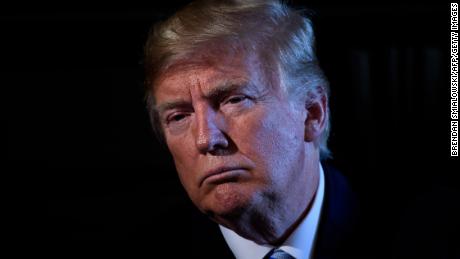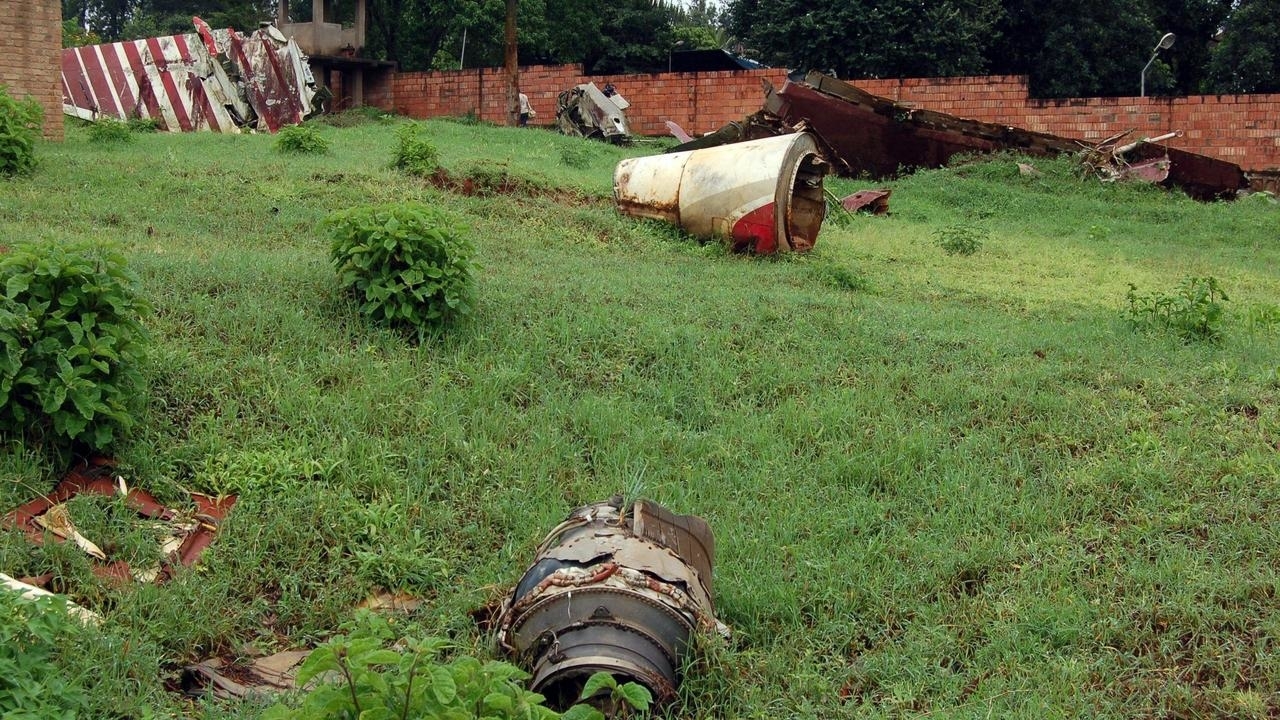Controversial South Africa land reform looms after key hurdle is cleared

Now, after months of contentious public hearings across South Africa and scores of parliamentary debates, a parliamentary review committee took the next step in the controversial policy of expropriation of land without compensation by recommending that a constitutional change be enacted."SouthAfricans have spoken loud and clear, and we listened to their cry," said Lewis Nzimande, the co-chair of the committee.The ruling African National Congress, pushed by an insurgent opposition party on the left in the run-up to a general election next year, adopted the policy late last year to help accelerate land reform. The parliamentary committee has accepted the report recommending a change in the constitution. But opposition parties immediately slammed the move, calling the committee's work "a complete farce.""The vote on expropriation without compensation allows government the perfect cover to avoid having to explain their rank failure over the past two decades to take land reform seriously," the joint opposition statement read."The opposition does not oppose land reform, we oppose the amendment of the Constitution."Colonial and apartheid-era South African laws systematically dispossessed the majority non-white population from the land, with only a tiny percentage of commercial land owned by black people at the dawn of democracy.But exhaustive independent studies have shown that the ANC-led government's attempts to redistribute land have been beset by corruption, mismanagement and a lack of will.Opponents of a constitutional amendment also maintain that the current constitution, adopted by a broad coalition in 1996, already allows for expropriation without compensation. South Africa's largest agricultural union AgriSA — a group that advocates for commercial farmers — called the decision "unacceptable" and said it would continue to fight against its implementation."The proposed amendment is politically motivated and will cause large scale damage to the South African economy. The priority for millions of South Africans is job creation, housing, crime prevention and quality education," the union said in a statement. Critics accused President Cyril Ramaphosa of preempting the outcomes of the hearings by publicly backing the policy before the parliamentary group was done with its work.Ramaphosa, who is currently on a charm drive in Europe, has been engaged in a delicate balancing act.The generally business-friendly politician is trying to woo investors to a country damaged by alleged corruption and mismanagement under his predecessor Jacob Zuma, while pushing forward a more aggressive land policy — something bound to make investors nervous.
South Africa's largest agricultural union AgriSA — a group that advocates for commercial farmers — called the decision "unacceptable" and said it would continue to fight against its implementation."The proposed amendment is politically motivated and will cause large scale damage to the South African economy. The priority for millions of South Africans is job creation, housing, crime prevention and quality education," the union said in a statement. Critics accused President Cyril Ramaphosa of preempting the outcomes of the hearings by publicly backing the policy before the parliamentary group was done with its work.Ramaphosa, who is currently on a charm drive in Europe, has been engaged in a delicate balancing act.The generally business-friendly politician is trying to woo investors to a country damaged by alleged corruption and mismanagement under his predecessor Jacob Zuma, while pushing forward a more aggressive land policy — something bound to make investors nervous.
Original Article
[contf] [contfnew] 
CNN
[contfnewc] [contfnewc]






